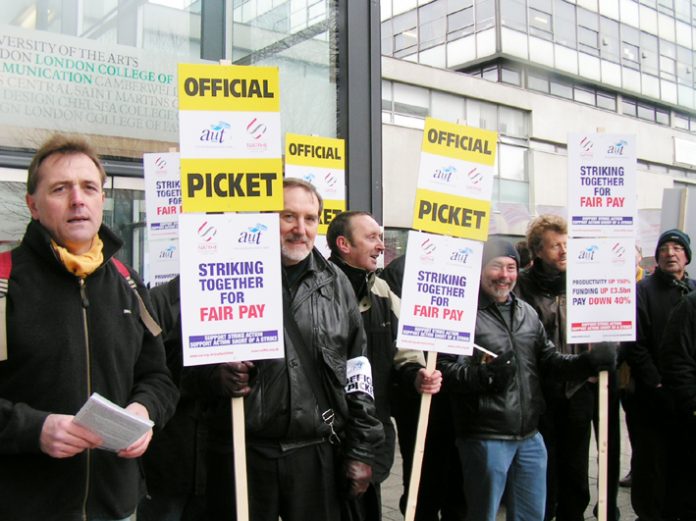THE foreign ministers of the five permanent members of the UN Security Council, plus Germany and Xavier Solana the EU’s ‘Foreign Minister’, met on Monday night but were unable to reach agreement on an Anglo-French resolution opposing Iran’s production of nuclear fuel.
While not mentioning sanctions or a military attack, the resolution invoked Chapter 7 of the UN Charter, which permits sanctions against, or a military attack on, an offending state.
Officials said Russia and China continued to resist the Anglo-French resolution, which was backed by the US, that would require Iran to halt uranium enrichment immediately.
Earlier on Monday, China made clear that any reference to possible sanctions or war must be eliminated from the UN resolution ordering Tehran to curb its nuclear programme.
Moscow and Beijing want a resolution but oppose invoking Chapter 7 of the UN Charter, which is used routinely in Security Council resolutions for peacekeeping missions and other legally-binding actions.
The United States, France and Britain are insisting on Chapter 7.
Bush has not ruled out taking military action against Tehran.
Russian news agencies quoted Moscow’s top envoy, Sergei Lavrov, as calling for further negotiations, including more direct talks between the major powers and Iran.
There was general agreement on the need to create conditions for resuming direct negotiations on Iran’s nuclear programme,’ Lavrov said in New York.
The meeting of the Security Council came directly after Mahmud Ahmadinezhad, the Iranian president, wrote personally to the US president proposing ‘new ways’ to resolve their differences.
US officials rudely dismissed the 18-page letter – which mainly sought to reach out to the religious beliefs that the president is alleged to hold to try to establish religious common ground as a basis for peace – as ‘irrelevant’.
US diplomats called the letter a ‘diversionary tactic’ and ‘a waste of time’ that did not address the issue of Iran’s nuclear programme and rubbishing the Iranian president’s attempt to begin a discussion by lowering the temperature between the two countries.
The real US reply to the letter was given by Israel’s deputy Prime Minister Shimon Peres. The veteran ally of US imperialism said that Iran must understand that it could be destroyed if it were to launch an attack on his country.
Peres continued to denounce Iran as a threat to the world.
Peres added that if Iran wanted to wipe Israel off the map, it too must realise it could be destroyed in a conflict.
‘But I don’t suggest to say an eye for an eye,’ he said.
‘Israel would defend itself under any condition but we don’t look upon it as an Iranian-Israeli conflict exclusively . . . Iran is basically a danger to the world, not just to us.’
Quite. Peres was acting for the United States, its main backer, banker and arms supplier.
Israel has over 200 nuclear bombs, the means of delivering them to target and many other types of weapons of mass destruction.
There has been an open discussion amongst Israel’s military elite of when would be the right time for Israel to launch an attack on Iran, and now Israel’s Deputy Prime Minister has openly threatened Iran with nuclear annihilation.
The working class in Britain must take action to oppose any new war in the Gulf, this time an attack on Iran.
There is not the slightest doubt that when George Bush gives the order to attack Iran, British imperialism will take its place alongside the US forces.
This is why the trade unions must take action to bring the Blair government down to go forward to a workers’ government that will withdraw all British troops from the Gulf and the Middle East and carry out socialist polices both at home and abroad.

